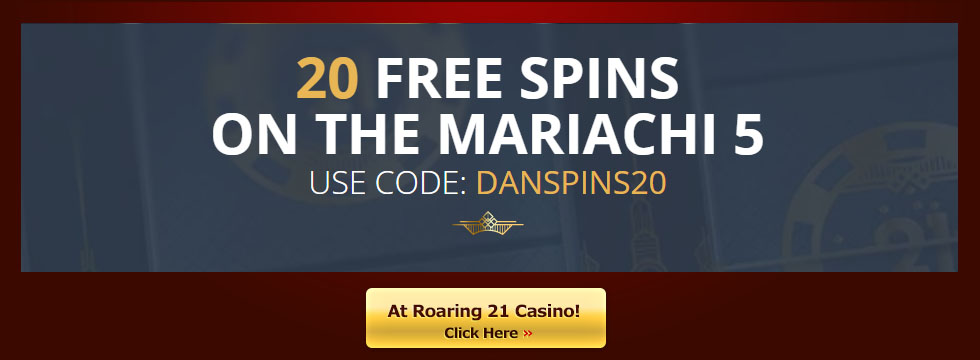Raising in poker is a very valuable play as it can get more money in the pot, or win you the pot straight out. Many people like to refer to David Sklansky’s seven reasons for raising. This is a list of seven reasons that you should always go through before raising. If what you are doing doesn’t check one of the boxes below, don’t do it.
They are in short:
- More money in the pot
- To drive out opponents
- Bluffing
- Free Card
- Information
- Drive out better hands
- Drive out worst hands when your hand may not be the best
And to extend on these:
More Money in the Pot: This is the obvious one. Your opponent bets on the river and you are sitting there with the nut flush. Why would you ever call with this hand? You of course will be raising.
To drive out Opponents: Technically you are not driving opponents out even if you have the best hand, but you are making it wrong for them to continue to play. You are raising so that if their odds on a flush are 4 to 1, and you only give them 3 to 1 or even 2 to 1 odds to call, then they are making the wrong play by calling, and thus in the long run you will make money.
Bluffing: This covers both bluffing and semi-bluffing and is simple enough. If you have a straight draw on a rather scary flop like 672 and your opponent makes a continuation bet into you, then raising is a semi-bluff (or even if you don’t have a straight draw you can bluff) and your opponent may fold pocket aces assuming you called with suited connectors or a small pocket pair and hit your yet.
Free Card: Raising on the flop in position is a standard play to get a free card or even a free showdown. Usually people will check to you when you use the free card play, so you can then check behind and see the river all for the cost of a smallish bet.

Information: Raising for information is a very standard play in poker, and the more you know a player, the more valuable it is. For example – what if a player raises preflop with only premium hands like AK, AA, KK and QQ? And he always makes a continuation bet, but folds if he has nothing? Well then you could raise back at him when he makes that continuation bet, and you will know if he has a hand or not depending on his action. Of course that is raising for information at it’s most basic, but is a very simple way to use informational raises.
Driving out Better Hands: This is when you put your opponent to the test, and raise to make those better hands fold straight out by representing a better hand, or just preying on your opponents weaknesses.
Driving out Worse Hands: Even if you have the best hand, your hand may be vulnerable. If you are up against a flush draw on the flop they are 2 to 1 to hit it, and if there is already a lot of money in the pot you really want to take it straight up. So you are raising to, if not make these worse hands fold, then at least giving them the wrong pot odds to call.
Although there is the alternative – raising at Bovada. Here you raise because you are playing a bunch of passive players who have no idea how to play poker and can be manipulated at ease. Try it now at – Bovada.

| # | Online Casino | Reason | Visit |
|---|---|---|---|
| 1 | Solid games, excellent deposit bonus | ||
| 2 | Unique Game Selection | ||
| 3 | $22 No Deposit Bonus just for registering |
Additional Poker Raising Questions:
(None Yet)
Related Questions:

| # | Online Casino | Reason | Visit |
|---|---|---|---|
| 1 | Solid games, excellent deposit bonus | ||
| 2 | Unique Game Selection | ||
| 3 | $22 No Deposit Bonus just for registering |







